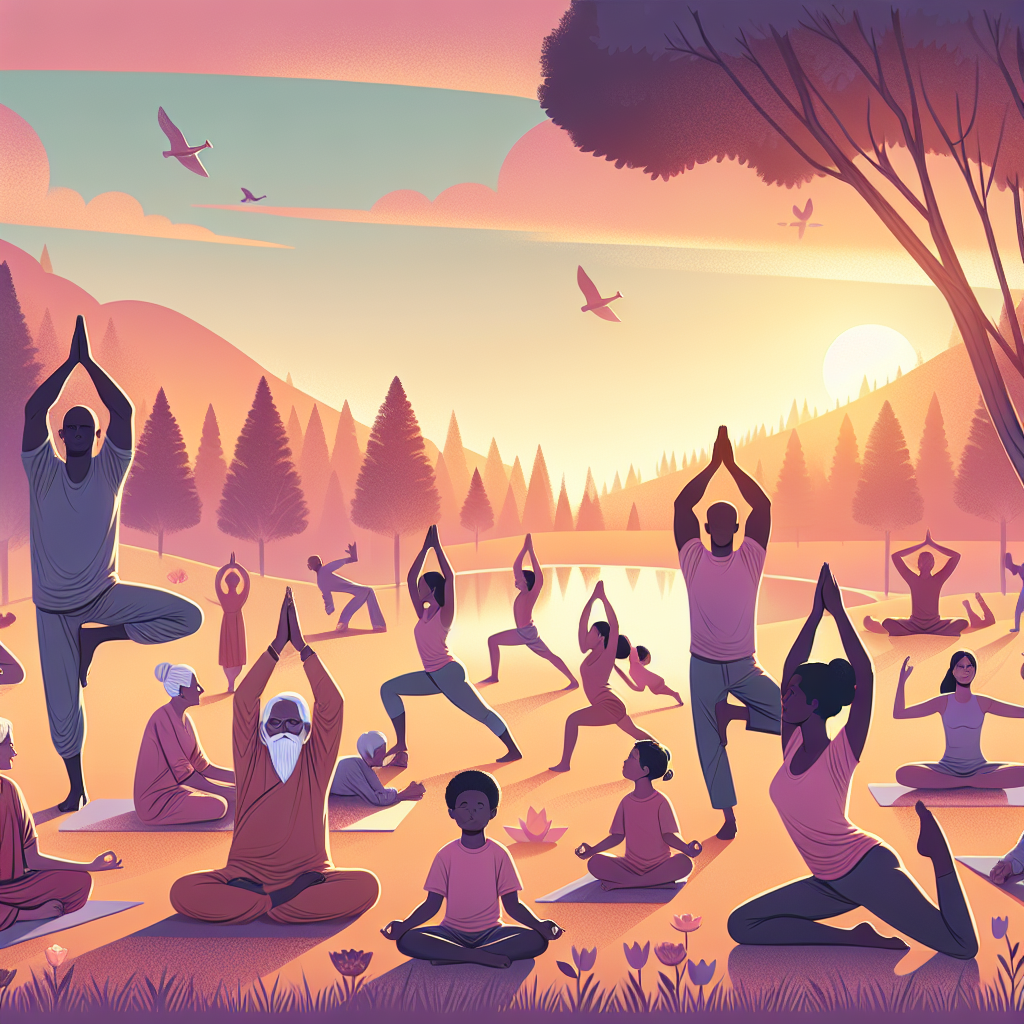The Central Council for Research in Yoga & Naturopathy (CCRYN), in collaboration with S-VYASA, Deemed to be University, organized a groundbreaking conference titled "Yoga for Space" at S-VYASA University. This event was part of the celebrations for International Day of Yoga (IDY) 2024, themed "Yoga for Self & Society." The conference brought together experts from diverse fields, aiming to enhance societal well-being, including the well-being of astronauts.
The conference began with a prayer, followed by an outline of the activities and challenges for IDY 2024, organized by the Ministry of AYUSH. These activities included the "Yoga with Family" global video contest, YogaTech Challenges for innovative yoga ideas by Indian startups, Yoga Quiz, and Yoga Jingles, among others. These initiatives aim to promote vigorous yoga practice and raise awareness in society, emphasizing the theme that a healthy individual fosters a healthy society.
Keynote Addresses and Sessions
Esteemed representatives from Indian institutions, including the Human Space Flight Centre, ISRO, IIT Delhi, and the Institute for Aerospace Medicine, presented keynote addresses. The inaugural session commenced with the reception of all keynote speakers by Dr. Manjunath NK, Vice Chancellor of S-VYASA University. Dr. Manjunath highlighted the yoga-related activities for IDY 2024 and underscored the importance of yoga in fostering a healthy society, drawing from classic literature like "Vasudaiva Kutumbhakam." He also elaborated on the journey of S-VYASA's founder, Dr. H.R. Nagendra, from NASA to the development of S-VYASA.
Dr. Raghavendra Rao, Director of CCRYN, Delhi, discussed the inclusivity and diversity inherent in the IDY journey, showcasing yoga practices in extreme conditions on land, in the ocean, and spanning a day from Japan to California, culminating in the exploration of yoga in space.
Exploring Yoga's Role in Space
Dr. B.R. Ramakrishnan, Pro Chancellor of S-VYASA University, extended a warm welcome to the attendees, elucidating the conference's objectives with the quote "Gyanam Vigyanam Sahitam," signifying the amalgamation of ancient wisdom with space science. He stressed the significance of yoga in this context.
A virtual welcome address by Dr. Kashinath Samagandi, Director of MDNIY, New Delhi, emphasized the importance of a yogic lifestyle in aiding astronauts in overcoming specific health challenges. The scientific session began with a discourse on "Gaganyaan - Mission and Crew Safety" by Dr. C. Geethaikrishnan, Deputy Director (SRQ) of the Human Space Flight Center, ISRO, chaired by Dr. Satyaprabha TN, Head of the Department of Neurophysiology at NIMHANS, Bengaluru. Dr. Geethaikrishnan detailed ISRO's evolution and the Gaganyaan Mission's process.
Dr. KK Deepak, Former HoD, Department of Physiology, AIIMS Delhi, and current IIT Delhi faculty, presented on "Yoga for Astronauts: How, Why and What?" He shared his journey into yoga and space research, discussing various space simulations.
Impact of Microgravity and Yoga
The post-lunch session featured Dr. Biswajit Sinha from the Department of Physiology at the Institute of Aerospace Medicine in Bengaluru, who discussed "Beyond Earth: Understanding Microgravity's Influence on Physiology and Earth-Based Simulations." He explained the physiological impacts of the space environment on the human body.
Lt. Col. (Dr.) Saveena George, also from the Institute of Aerospace Medicine, presented on "Exploring the Effects of Microgravity on the Neurovestibular System," focusing on neurovestibular imbalance and its effects on astronauts.
Dr. Apar Soaji, Principal of TSYNM, S-VYASA, conducted a session on the "Physiological Effects of Yoga," emphasizing self-care practices through yoga to enhance well-being during space exploration.
Lastly, Shri N.V. Raghuram, Founder of Yoga Bharati and yoga teacher to Squadron Leader Rakesh Sharma, shared insights from his extensive knowledge and real experiences, emphasizing how yoga made astronauts more fearless and adaptable.
Conclusion and Future Research
The valedictory function was graced by Dr. Nagarathna, with a vote of thanks delivered by Dr. Vadairaja HS, Senior Research Officer of CCRYN. The conference concluded with a commitment to fruitful research outcomes through various programs and collaborations, aiming to integrate yoga into space missions and enhance overall societal well-being.











